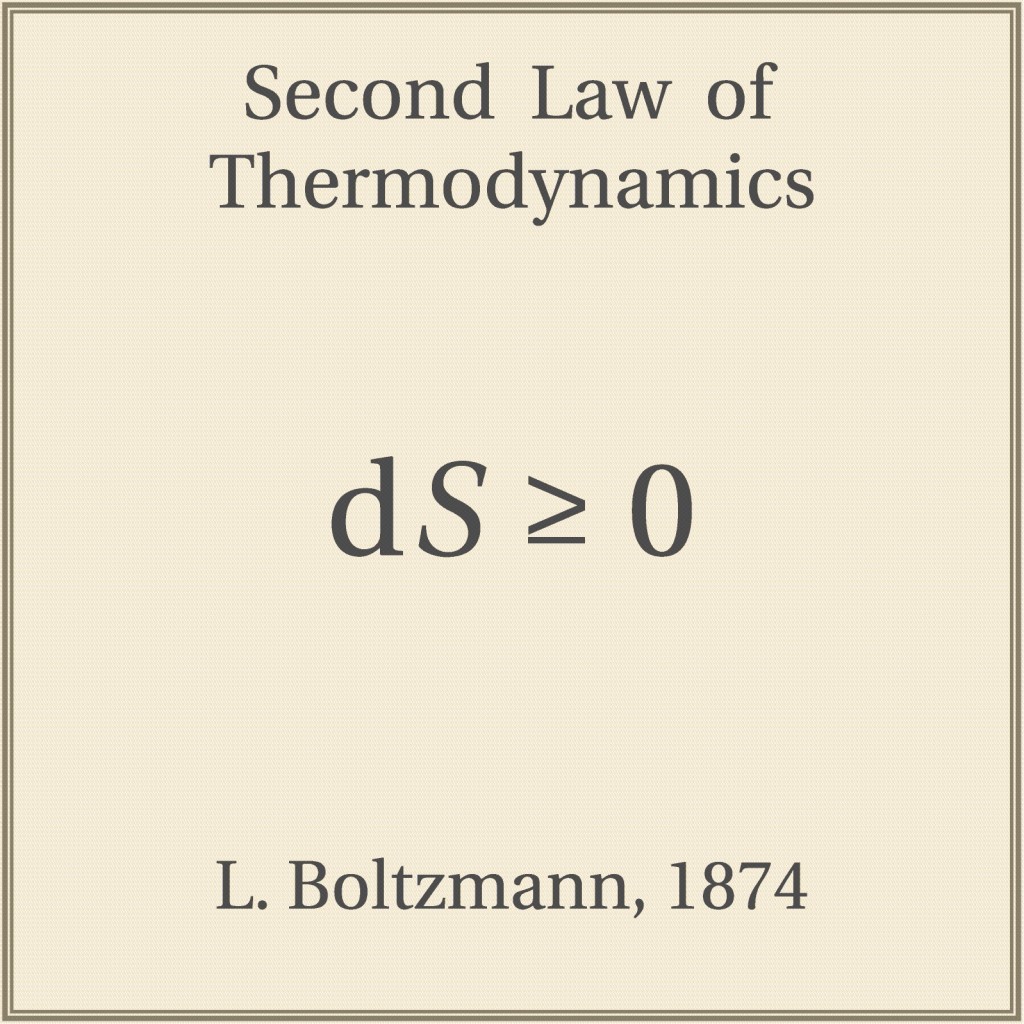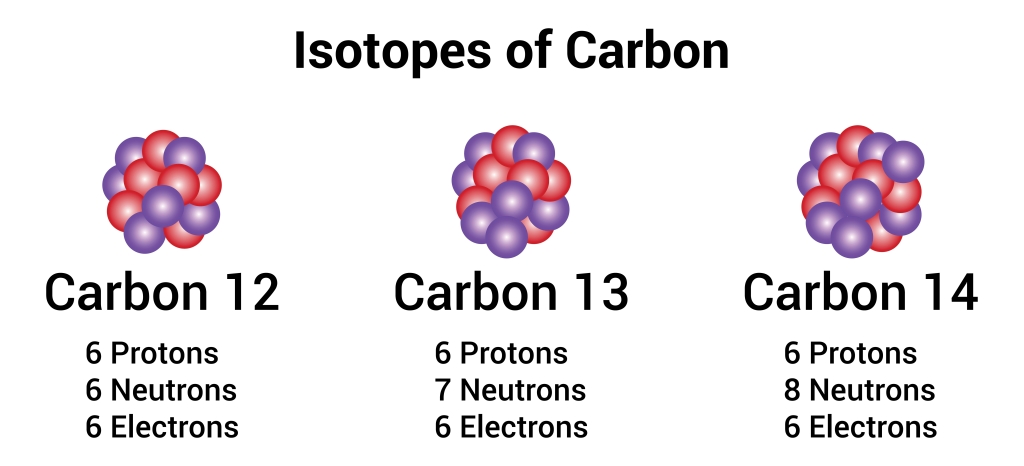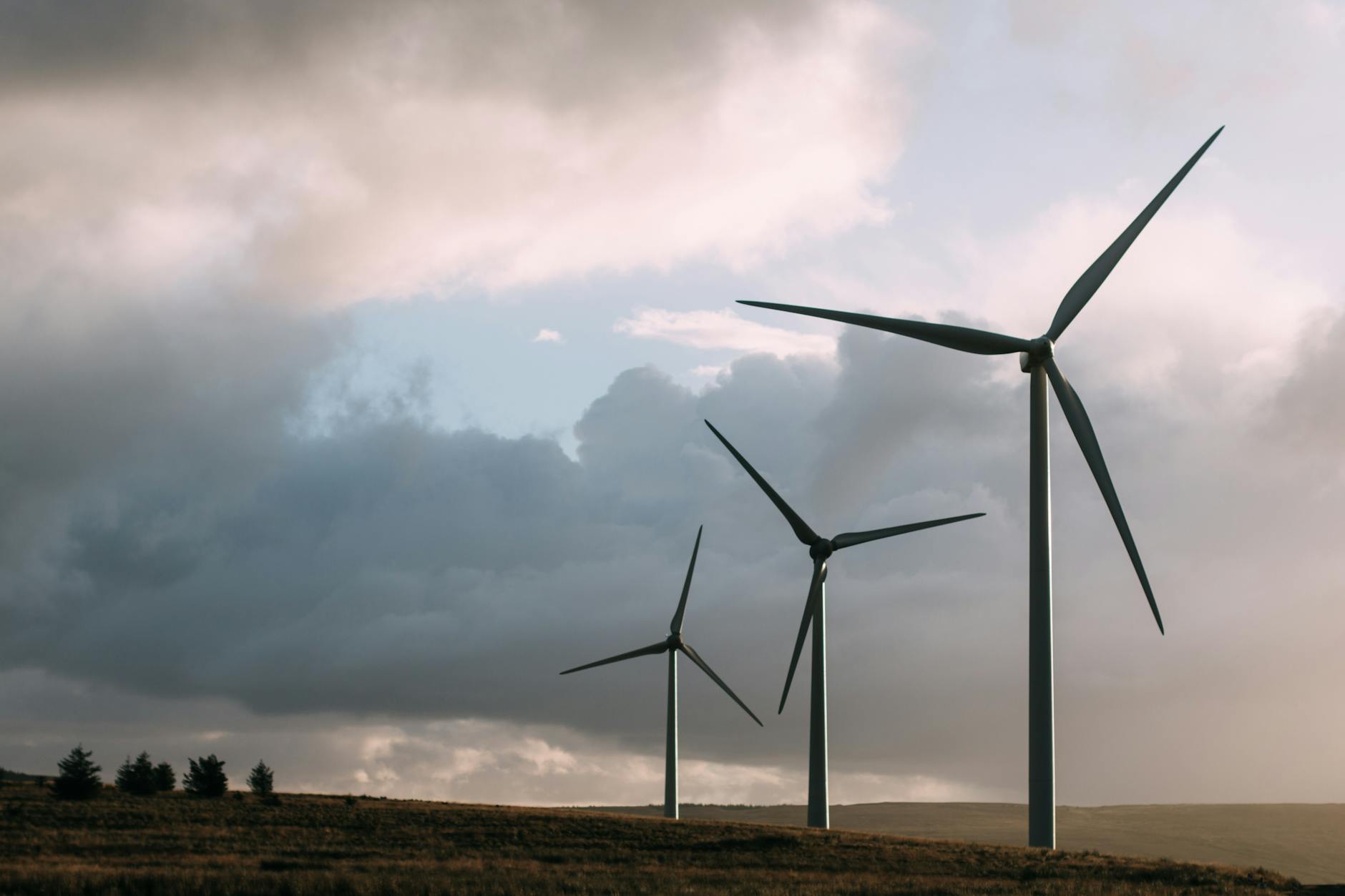The goal of this blog is to create a list of what I call Newstrade, but this is not a super-fact post. I sometimes create posts that are not super fact posts but related to this goal as well as other factual posts, and this is one of those. This post is about the Dunning–Kruger effect. The Dunning–Kruger effect is a cognitive bias in which people with limited competence in a particular domain overestimate their abilities. Those who are incompetent in a given area tend to be ignorant of their incompetence. What is so interesting about this effect is how widespread it is and how extreme it can get.
Some extreme examples include people without much knowledge in a given field lecturing the experts in the field, people without experience or much knowledge in an area telling the professionals in the field how to do their job. It includes people insisting on absurd claims despite not understanding the topic. It includes people dismissing scientific consensus on a topic without having much knowledge about that topic. It includes managers lacking engineering experience refusing to listen to the engineers, etc.
We are all occasional victims of the Dunning–Kruger effect. The problem comes when the one with the lower ability is stubborn and unreasonable and does not attempt to understand what the better-informed person is saying. Sometimes the situation becomes absurd. Below I am listing a few interesting cases, starting with a time when I was the ignorant one.
Creationism Bamboozled Me
When I was a teenager, I read creationist books that claimed that evolution was a hoax, and that earth was likely 6,000 years old. This is still a very common belief here in the US. These books appeared to me to be very convincing, and I took it upon myself to spread the word and correct the misconceptions. I was good at science and math, but this was before I had studied biology and physics in depth. I was accepted into the “Natur / Natural Science” Highschool program (similar to taking all AP Science classes) and I later studied physics in college.
As a result of what I learned I came to realize that the creationism I had come to embrace was bunk. The young earth claims and the anti-evolution rhetoric was not tenable. I realized this not by reading counter creationist books; I was just learning about the science. Understanding some science made all the difference. I just never knew how much I was missing. It was a lot. To read more about this click here and here. One more thing I learned is that you should avoid science related books written by lawyers and theologians with agendas. It is not their field and they don’t know what they are misunderstanding.

Entropy and Evolution
Related to this is the myth that entropy contradicts evolution. Entropy is the measure of a system’s thermal energy per unit temperature that is unavailable for doing useful work. It is also the measure of the number of possible microscopic arrangements or states of individual atoms and molecules of a system that comply with the macroscopic condition of the system. These two definitions are identical.
The formula is S = K * ln (W), where S is entropy, K is Boltzmann’s constant, and W is the number of microstates whose energy equals to the one of the system. Entropy is said to be the amount of disorder in a system, but in this context “disorder” may not correspond exactly to what people mean by disorder. Anyway, the issue is the second law of thermodynamics, which states that the entropy of an isolated system left to spontaneous evolution cannot decrease with time.
The creationists like to say that evolution decreases disorder in the biosphere and therefore contradicts the second law of thermodynamics.

If you take a college level class in thermodynamics you will realize within half an hour that this creationist / anti-evolution claim is false. The most important point being that evolution does not occur within an isolated system.
First of all, the earth, the biosphere, plants and animals receive energy from the outside, the sun for starters. Whether evolution decreases disorder in the biosphere or not, the claim fails instantly on the point that the system is not closed.
Despite decades and even centuries of conclusive debunking many people continue to make the false claim that the second law of thermodynamics and evolution are incompatible. There are people writing to prominent physicists and lecturing them and mocking them for “not knowing” that the second law of thermodynamics and evolution are incompatible. Typically, people who know almost nothing about the subject. They know too little to realize that their arguments are absurd.
The awkward algorithm
One day the engineering manager at my job at Siemens asked me and another guy to do research on how a certain process might improve our system. It was the CEO of the company (he was not an engineer) who was requesting this.
However, it was instantly obvious to me that this process was not compatible with what we were doing. Before, I had opened my mouth, the engineering manager told me “Thomas I know what you are going to say. This process is not applicable to what we are doing, but the CEO just learned about this process, and he is very excited about it. Just pretend to work on it for a few weeks and then write a report about why it did not work out. This is easier than explaining to the CEO why it wouldn’t work.”
Isotopes are real
On one occasion I was arguing on Facebook with an acquaintance regarding whether the current rapid Global Warming trend was natural or not. He said it was natural, and he insisted that he knew a lot about the science. I knew that he did not have a college level science degree, and it was obvious from what he said that he did not understand the science behind climate change.
One of the pieces of evidence I mentioned to him was that isotope studies showed that the carbon dioxide in the atmosphere originated from our burning of fossil fuels. That was when he said that the atoms of a certain element were all identical. There was no such thing as isotopes. He accused me of fabricating the existence of isotopes.

I posted a research article of one isotope study (carbon-12/carbon-13/carbon-14) and an article from Wikipedia on isotopes. Wikipedia isn’t an academically acceptable source, but it featured a good introduction.
He focused on the fact that Wikipedia articles are not always entirely accurate and used it as a reason to dismiss everything I said about isotopes. I was surprised he had never heard of Carbon-14. Isotopes is well known high school science and there are thousands of articles about it on the internet. He just didn’t know anything about this basic fact. He started insulting and mocking me perhaps because he felt I was lecturing him, but how would I have handled this? He knew too little about the subject to realize how much he was missing.
The Current Global Warming is not natural
Nearly all climate scientists say the same thing, Global Warming / Climate Change is real, and it is us. Just because the climate has changed for natural reasons in the past does not mean that is the case now. The same people who told us about the natural variability of climate in the past are the ones telling us it is not natural now. We should listen.
It is not orbital cycles, not the sun, not volcanoes, not bacteria or other lifeforms, and not cosmic radiation, it is us, primarily because of emissions from fossil fuels. The paleoclimatologists and the climate scientists and atmospheric physicists are telling us that it is not natural because of the quite substantial and solid evidence. Yet a very substantial proportion of us insist that it is natural causes without knowing much about the evidence. Why? Because they know too little about the evidence to consider it. The Dunning-Kruger effect again. BTW I will make a more detailed post about this in the future.
Wind Power Myths
Wind power has been on the receiving end of false claims, nonsense, and strange rumors for a while. It is not the only energy source that is a victim of widespread falsehoods, but it is a considerable problem. One false claim is that wind power requires an additional power source to operate (such as a companion diesel engine).
Another false claim is that wind power generates less power than it consumes, and yet another false claim is that wind power causes cancer. These claims are absurd and no one with basic insights in engineering and science would know they are false, yet many people fall for them. The people who fall for these claims think they know more than others, not less. Dunning-Kruger again. I am discussing nonsense and rumors about wind power here.

Well, that is long enough, but I can certainly list many more examples. My own Dunning-Kruger moments as well as those of others.


This was an interesting post, Thomas. I wrote about the Dunning-Kruger effect for a psychology course. I always found it pretty funny in some ways how people overestimate themselves. I like how you related this to climate science overall. Very informative! 😊
LikeLiked by 1 person
Thank you so much Laura. It is an interesting effect. I think we all are guilty of falling in this trap, but maybe some more than others. After I read those creationist books I thought I knew more than others but all that happened was that I had been bamboozled. Improved knowledge popped that delusion. Yes I think Climate Science is a good example. So many so called “skeptics” have missed pretty much all of the evidence and they don’t know it.
LikeLiked by 1 person
Oh yeah, you’re definitely right. I think we all can fall victim to it as well, there’s soooo much information out there, and it’s impossible for one person to know everything, but you have some people who indeed think they do 😆 but I hear you! I could say the same about the moon. I feel like I know a ton about the moon, and then I come over here and read your posts and then I am blown away! 👏 👏 Seriously though, great job 😊 keep it up! 👍
LikeLiked by 1 person
Yes you are so right Laura. A little bit of knowledge is dangerous. It can make you think you know it all. Humility is important. Thank you so much for your very kind words.
LikeLike
And the internet algorithms keep those people reading what they already believe rather than offering them the counter-argument. Great examples. Maggie
LikeLiked by 1 person
Yes you are right, especially on social media. Thank you so much Maggie.
LikeLike
Hi Thomas, I am thinking hard but I can’t recall that I’ve ever refuted facts presented by science. I have refuted theological arguments that aren’t sustained by science though. I have been to the Cradle of Mankind and I do believe in evolution. I’ve seen Lucy and Ms Ples (now considered to be a young male rather than a female).
LikeLiked by 1 person
Well, you’ve done much better than I have. I’ve been very wrong about many things but then I’ve learned that it is important to verify with the scientists and experts and find out what they are saying and if there is a concensus. That is very interesting that you’ve seen Lucy and Ms Ples. Thank you so much Robbie.
LikeLike
My pleasure, Thomas. I am lucky that the Cradle of Mankind is close for me. I’ve been there a few times.
LikeLiked by 1 person
I just realized that Cradle of Mankind is in South Africa, near Pretoria. That is very cool.
LikeLike
Yes, it is. Greg had a digging party there when he was 12.
LikeLiked by 1 person
Wow that is a great party for science interested kid
LikeLike
It was. I liked to take my kids to interesting places. They had a party at the Tutankhamen exhibition when it came to SA.
LikeLiked by 1 person
That is great. We saw the Tutankhamen exhibit when it came to Dallas but no parties. It is great that you had special birthdays for your children that were educational as well as fun.
LikeLike
Yes, I did do that. My kids were brought up trailing around art galleries, museums and exhibitions.
LikeLiked by 1 person
That is so great! We did that too but not to the same extent.
LikeLike
That is great, Thomas. It is the best way to teach kids I think.
LikeLiked by 1 person
Yes, I certainly believe that you are correct
LikeLike
As always, I found this post really interesting!
LikeLiked by 1 person
Thank you so much for your kind words Luisa
LikeLiked by 1 person
You’re more than welcome, dear Thomas 🙏
LikeLiked by 1 person
Never heard of that. I’ll BOLO (Be Onthe Look Out) it from now on
LikeLiked by 1 person
It is not really a very surprising discovery. When you know a little bit about something, more than nothing, but not a lot, it is very easy to fool yourself into believing that you have a good grasp of it. But before having opinions on it you need to listen to the experts in the field and perhaps take a deep dive into the subject, something that is often not done. A little knowledge is dangerous.
LikeLiked by 1 person
I think we have all met a couple of those with the label you have attached to them Thomas during our life times… I feel many are the so called experts running our countries right now 😂💖 Have a great rest of your week Thomas xx And I had never heard the term before xx
LikeLiked by 1 person
Well, I think we are all Dunning-Kruger victims from time to time but it is no big deal as long as you can handle evidence that contradict your position and adjust your position, eventually. It is a human tendency that is quite common. I was giving examples that involved people, including myself, that had a harder time doing that. The examples are sometimes amusing and sometimes absurd. If you are contradiction an expert in the field, or virtually all experts in the field, who probably know a thousand times more than you do, that is probably a red flag, but we still see a lot of that. And with expert I don’t mean the self proclaimed experts, but, for example, well published scientists with PhDs. Anyway, have a great rest of the week you too.
LikeLiked by 1 person
Agreed Thomas. Scientists have to realise nothing is static, that as we evolve and grow and expand in consciousness, our past levels of understanding get overtaken as new awareness of our environment and universal laws get more understood.
I feel we may all have to shift our levels of our previous educational knowledge of our belief systems as new discoveries are made.
The problem is that many new science discoveries have been made. But the textbooks still teach the old understandings of how things work and are.
I feel that the next few years, Thomas will reveal much more to enlighten us all across many fields of knowledge. Xx
Have a good week, from snowy England xx ❄️💕
LikeLiked by 1 person
Yes, Science is continuously evolving. Scientists are making new discoveries, figuring out new things, solving old problems, models and scientific theories are improved or adjusted, new models are created, and sometimes old models are discarded, sometimes there are paradigm shifts. The job is all about creating new knowledge and not holding onto anything old.
However, along the way we discover facts that become established. Facts (not scientific theories) that have been vetted extremely well, that are supported by long standing scientific consensus, and those facts are reliable knowledge. There are thousands such facts, and yet I can’t think of a single one of these kind of facts that’s been overturned even though nothing is 100%. Examples are, earth and the universe are billions of years old, the sun is much bigger than earth, evolution is real, neanderthals existed, we breathe oxygen, greenhouse gases keeps earth warmer, the heart pumps blood around the body, there’s continental drift, the current global warming is real and is caused by us, light is a universal constant, there’s time dilation, nuclear fusion occur inside stars, and thousands of other facts that we need to accept. What I call super-facts in this blog are well established facts, that are close to 100% certain based on evidence that a lot of people (non-experts) still dispute, are shocked by, or misunderstand. And the public (including me) is extremely misinformed and under informed. Dunning-Kruger makes it so that people don’t know that they are misinformed and gives people unjustified confidence in what they believe to be true.
I just wanted to clarify my thinking about this blog and Dunning-Kruger. There are of course many other cognitive biases. You are right, textbooks tend not to keep up. Thank you for your well wishes and I wish you a great evening over in England.
LikeLiked by 1 person
Thank you Thomas… There will always be various opinions, as we all of us, even the best of science will perceive information differently.. Which is why we do need peer reviewed evidence..And not certain experts regulating themselves.. …
I am NO Expert in anything 🙂 … So, we just assimilate our knowledge via those who seem to hold more knowledge than us in certain fields of their expertise … And as we listen, we then have to come to our own conclusions as we weigh everything up via the little knowledge we have 🙂
Have a great weekend… ❤ and thank you for that great reply x
LikeLiked by 1 person
Thank you Sue. Yes the peer review system is a great system, not perfect, but the best we have. Have a great weekend you too.
LikeLiked by 1 person
✨💛
LikeLiked by 1 person
I think due to the rise of the Internet and social media… people are falling into the traps and false information. I’ve been a victim, too. That’s why experts are few nowadays because knowledge is filtered.. courses that take years and months to accomplish are narrowed to short videos on YouTube. I think we should accept that there’s no quick learning. Your post Thomas is so real and needed in today’s era.
LikeLiked by 1 person
Yes I agree. A little knowledge is dangerous because it gives people unjustified confidence. In addition, people misunderstand or draw the wrong conclusions even if the information they were given was correct. Add to that there is also a lot of misinformation. I have falled for the Dunning-Kruger trap many times and if it happens again I would like someone to point it out to me. Thank you so much for your kind words festo-sanjo.
LikeLiked by 1 person
Excellent post, Thomas. I hadn’t heard of the Dunning–Kruger effect, but I’ve experienced it and, at times, fallen victim to it. These days, I research anything I don’t understand or doubt. The process has expanded my world but prompted silence. I watch and listen more than I speak. Thankfully, you have found your voice. 😊
LikeLiked by 1 person
I think that is a very good attitude “research anything I don’t understand or doubt” and listen more than you speak. I try to do the same but it wasn’t always the case. Thank you so much Gwen.
LikeLiked by 1 person
The Dunning-Kruger Effect is alive and well, Thomas. I read it and hear it everywhere – even on a certain “news” station. It’s mind-boggling and would be funny if it wasn’t so dangerous. Apparently one can be a genius-level expert on something after reading a post on Facebook.
This is why this blog is so very important. And why I appreciate your research and knowledge more than I can express. It makes a difference.
FYI – the business scenario with the CEO sounds all too familiar. That one made me smile.
LikeLiked by 1 person
Thank you so much Diane. You are so right. About the CEO, he was certainly not a dumb person, but it is easy for everyone to overestimate our understanding, and it is an extra big problem when you have power. No one dares to object and pop your “great” idea.
LikeLiked by 1 person
🙂
LikeLiked by 1 person
You’d think the Second Law of Thermodynamics would mean that beliefs of different people tend to converge. Including the beliefs of different Christian denominations, and different political parties. Why do Christian denominations diverge, and right and left wing diverge, despite the Second Law of Thermodynamics?
LikeLiked by 1 person
As I stated in my post entropy is the measure of a system’s thermal energy per unit temperature that is unavailable for doing useful work. It is also the measure of the number of possible microscopic arrangements or states of individual atoms and molecules of a system that comply with the macroscopic condition of the system (this is an exact mathematical condition). I have to admit I don’t see how you go from that to “You’d think the Second Law of Thermodynamics would mean that beliefs of different people tend to converge.” I am probably missing something but maybe you could explain.
LikeLike